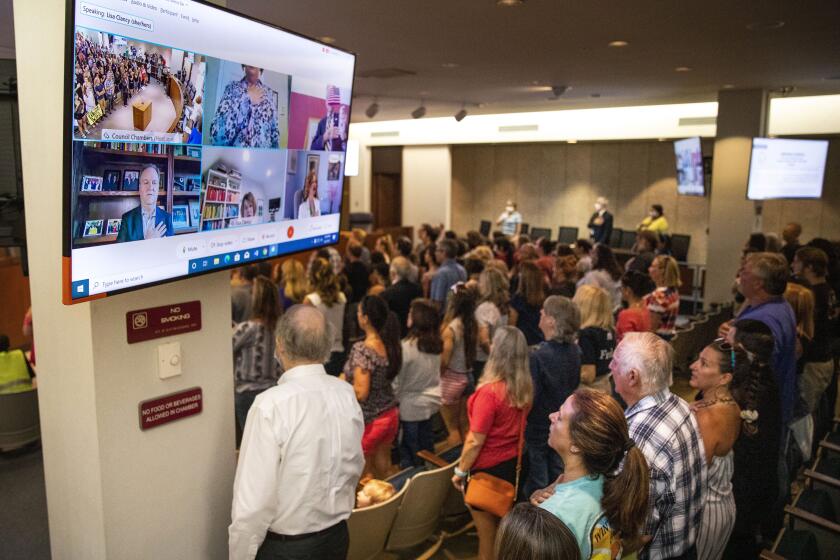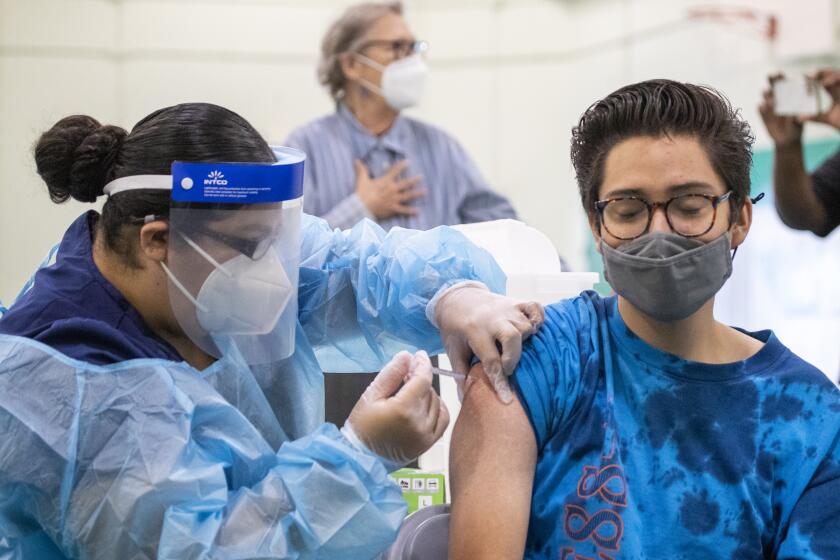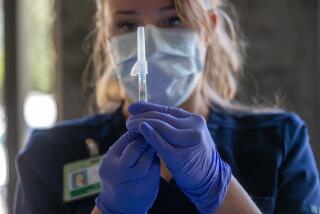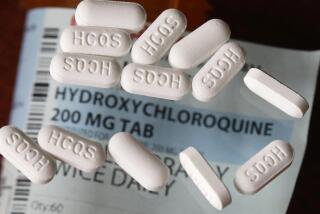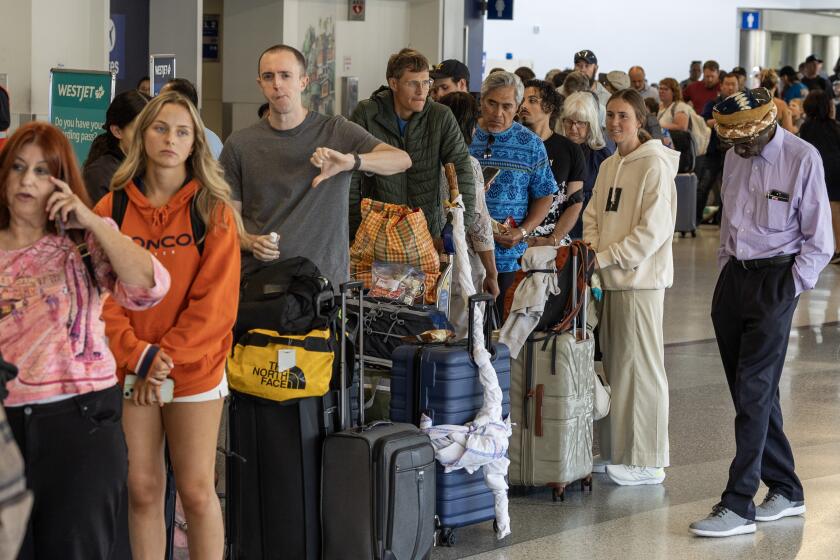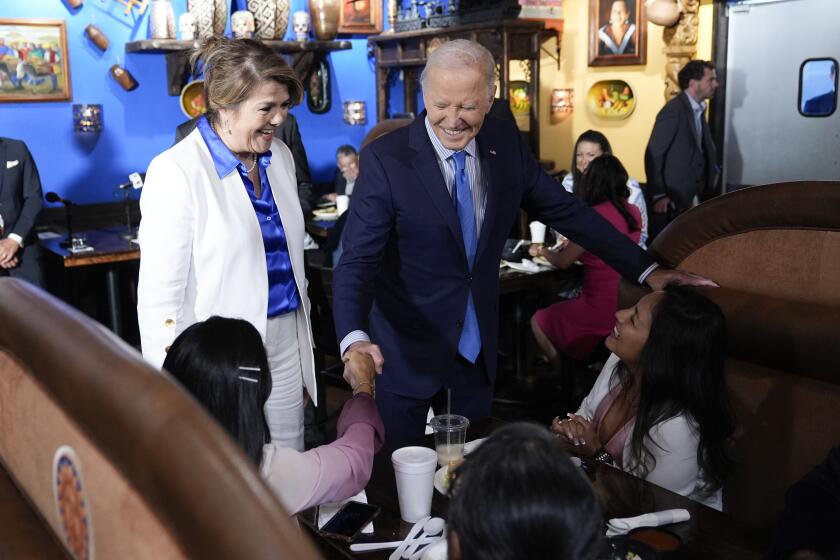San Diego County launches campaign to counteract misinformation about COVID-19
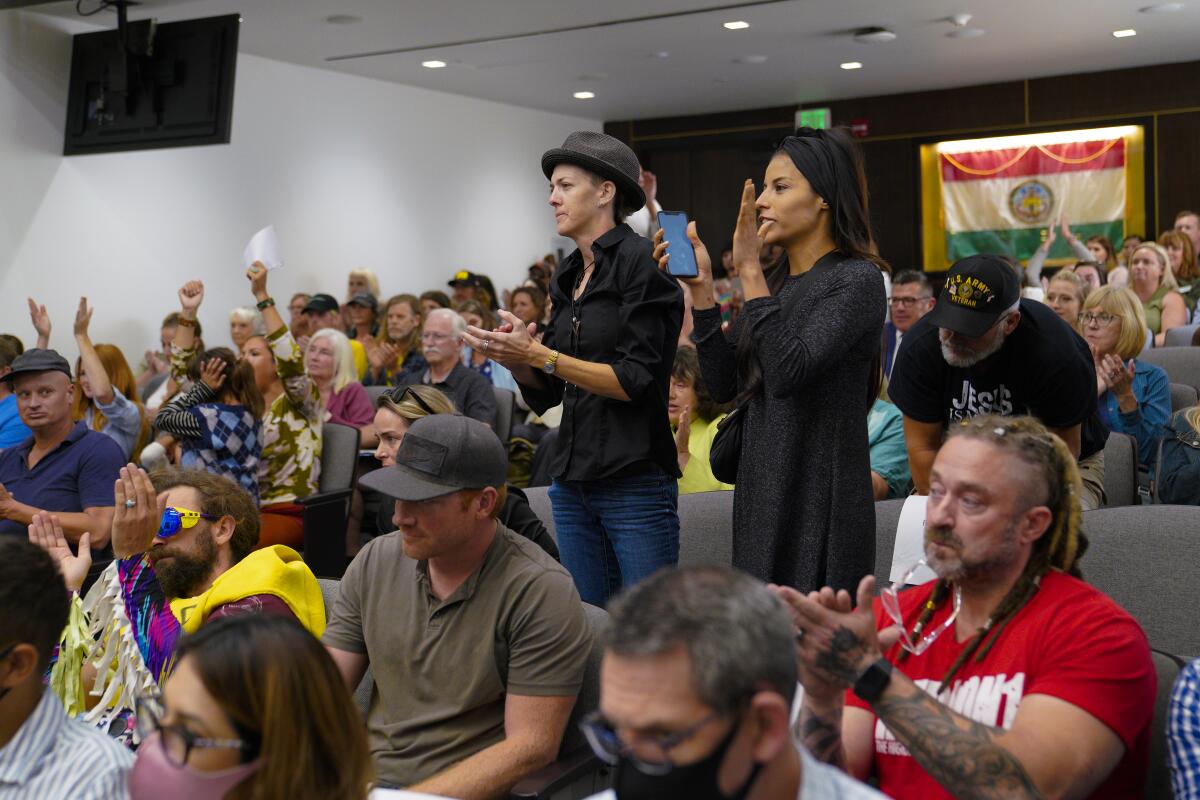
San Diego County will ramp up efforts to counter medical misinformation after the Board of Supervisors voted 3-2 to declare medical misinformation a public health crisis.
The board approved the measure Tuesday following a tumultuous, 15-hour meeting that included eight hours of often angry public comment against vaccine and mask mandates. Democratic Supervisors Nathan Fletcher, Nora Vargas and Terra Lawson-Remer voted in favor of the resolution, and Republican Supervisors Jim Desmond and Joel Anderson opposed it.
Fletcher said the measure is necessary to ensure that misleading statements about COVID-19 don’t hinder doctors and nurses from treating patients, as surging COVID-19 cases fill hospitals again. He added that San Diego County is the first county in the nation to pass such a resolution.
“I trust our public health doctors, who devote their entire life and their entire profession to public health, to guiding through difficult situations, to making recommendations, to exploring and examining all of the data that is out there,” he said.
Anderson and Desmond said that although they support vaccination efforts, they consider it government overreach to try to referee debate about the pandemic.
Public forums before local school boards and city councils are the latest source of misinformation about COVID-19.
“I can’t support it,” Anderson said. “I don’t want to see our neighbors die. But I don’t know how you stop misinformation.”
The resolution doesn’t include any steps to suppress misinformation or any penalties against it, but instead outlines steps to negate false information.
Nevertheless, many of the more than 200 opponents at the meeting denounced the measure as censorship and said it would curtail their free speech rights.
On Wednesday, Daniel Hallin, communication professor at UC San Diego, said the county’s actions are necessary to counter misleading or dangerous information about the virus and potential treatments.
“Government agencies have a responsibility to do the kind of things that they are doing here,” Hallin said. “If they are going to play a role of protecting public health, communication is central to that.”
In a sign that school-based COVID-19 safety measures are showing promise, fewer students and staff were exposed to the coronavirus in these outbreaks.
The county’s measure, adapted from an advisory by U.S. Surgeon General Vivek H. Murthy in his advisory “Confronting Health Misinformation,” offers broad, general direction on how it will do so.
County health officials will identify and label misinformation, and offer accurate information instead, the measure said.
Staff must identify gaps in health information, as well as questions and concerns, especially in hard-to-reach communities.
For instance, county figures show that while 72% of Latino, 70% of Asian and 63% of white residents have received at least one COVID-19 shot as of Aug. 25, only 44% percent of Black county residents were vaccinated.
The resolution also directs county officials to research sources of health misinformation and to calculate their impact. And it authorizes the county to invest in training for health professionals and in educational programs to help people distinguish between medical research and personal opinion.
It calls for partnerships with federal, state, territorial, tribal, private, nonprofit, research and other local entities.
And it directs county officials to create a website that would serve as a clearinghouse for expert medical information while dispelling myths about the virus and vaccines.
County officials said they have not ironed out many of the details of those efforts but are creating a task force to work on them. For instance, they will have to define what constitutes medical misinformation and how to label it.
The newly passed measure also calls for enlisting “trusted messengers” to engage people on public health matters such as COVID-19 vaccination.
County officials have not yet determined who those messengers might be or how they would approach people to discuss health issues. It’s also not clear if those campaigns would take place online or in person at public meetings, health clinics or in neighborhoods.
Hallin said protesters and other skeptics are unlikely to be persuaded by information from the county, but many other people who are hesitant about vaccines or masking would benefit from education on those topics.
“Nobody is going to convince the hardcore of those who believe the pandemic is a hoax, but there are a lot of people who are reluctant … it’s not so hard,” Hallin said. “Initiatives to reach that part of the public are really important.”
Argentina Servin, an assistant professor in the division of infectious diseases and global public health, leads UC San Diego’s project 2VIDA!, an outreach and vaccination campaign in the area’s hardest hit communities.
2VIDA! seeks to reduce vaccine hesitancy often caused by misinformation, she said. Among people of color, medical hesitancy is sometimes rooted in mistrust of government and science, she said, but recently there have been more questions tied to conspiracy theories and misinformation.
For instance, there are unfounded rumors that the vaccines contain microchips or can cause infertility and miscarriages, she said. Also some people are exaggerating the likelihood of rare but real side effects, she said.
“They take a small portion that is true and they make their own interpretation about it, and that’s where misinformation comes in,” Servin said.
Some organizations already offer guidance on how to dispel medical misinformation.
In 2019, shortly before the pandemic was declared, the British Medical Journal offered strategies for combatting medical misinformation in an editorial. It said health professionals should find ways to engage with “information silos” and “echo chambers” that circulate myths about important health topics.
It also suggests “targeted, expert fact checking of social media posts” and health workers to “foster a culture of fact checking within the general public” to discourage people from believing and forwarding false information.
More to Read
Sign up for Essential California
The most important California stories and recommendations in your inbox every morning.
You may occasionally receive promotional content from the Los Angeles Times.
